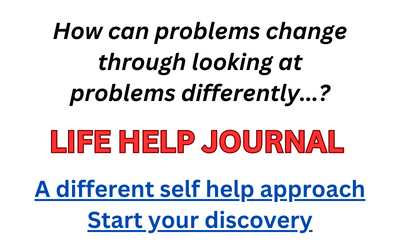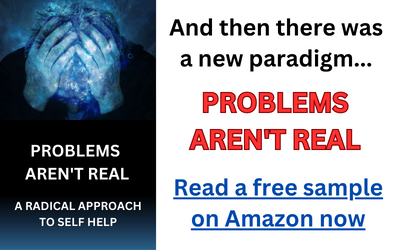There’s no right or wrong answer as to whether someone should take antidepressants or not, unless there is an underlying medical condition that prevents or strongly encourages using them (pregnancy would typically prevent the taking of antidepressants; taking antidepressants is part of the treatment cycle for certain psychiatric conditions). When the question is asked about whether to take antidepressants or not it usually refers to the wisdom or necessity of the decision; it also often indicates that depression and / or anxiety is in place.
It has been experimentally demonstrated that antidepressants do help alleviate experiences of depression and / or anxiety, and certain other conditions as well. In other words, antidepressants typically do work in the treatment of depression, anxiety, and some other conditions. I say ‘typically’ because antidepressants may not work for everyone or their usage may lead to intolerable side effects. The only way to certainly know whether antidepressants will be of use or will be tolerated is to try them out for a time.
The opinion here is that there is no genuine moral issue when it comes to taking antidepressants. It is true that antidepressants carry a stigma for some people, and there are various declarations from here and there that antidepressants aren’t necessary or are dangerous. Well, is aspirin or other types of pain reliever always necessary? They are not — but they are often helpful. Getting help is a legitimate end in itself: it doesn’t have to be absolutely necessary.
As far as antidepressants being generally dangerous, they have been in use for many years and their track record indicates that they are safe when used properly — in spite of various (unsubstantiated) claims to the contrary over time.
Is this writing an endorsement then for taking antidepressants? It is an endorsement for taking antidepressants if one wants to do this. It is also a clarifying point of view however about the nature of depression and anxiety, as well as other emotional dysfunctions…
Depression and anxiety are not causes of emotional effects, they are in fact effects themselves. The actual cause of the effects known as depression and anxiety is thought. More specifically thought streams, often in response to specific external circumstances but not always, are what cause experiences of depression and / or anxiety.
Before an emotional experience occurs — any emotional experience — there is first a thought stream. In the case of depression the thought stream essentially states ‘things are bad’; in the case of anxiety the thought stream essentially states ‘I am in danger’. If there is no mental interpretation of this sort, there is no emotional response.
This is a very simple concept and unquestionably sound if one gives it a bit of consideration, but very few people are aware of it. This is likely because most people are wholly identified with their thinking: they are so accustomed to their internal chatter that it never occurs to them to examine or question it. This internal chatter then has taken on absolute validity by default, and whatever it says is entirely accepted.
The key to ending depression and anxiety, and many other emotional dysfunctions, is having a sense of space from this critical internal voice — to have the capacity to neutrally observe this voice versus being taken over by it. Taking antidepressants alone will not bring this “witness” role about. Practice is necessary, specifically the practice of watching one’s thoughts from a detached perspective: not censoring or resisting thought, but allowing thought to be exactly as it is and simply observing it.

